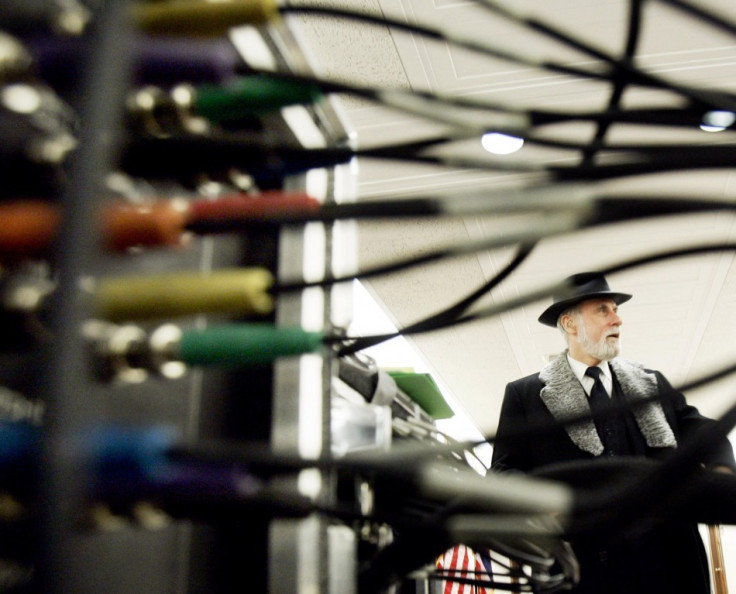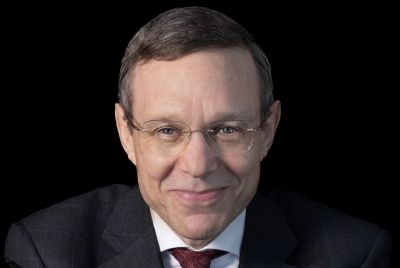US Loses First Battle in War of Internet Regulation
A US-backed proposal which is trying to protect a free and open internet has failed to win widespread approval.

A joint proposal from the US and Canada, and backed by some European countries, which aims to protect the internet from international regulation has failed to win prompt backing from other countries, setting up potentially tough negotiations to rewrite a telecoms treaty.
"We want to make sure [the rewritten treaty] stays focused squarely on the telecom sector," said Terry Kramer, who is leading the US delegation at the World Conference on International Telecommunications. "We thought we should deal with that up-front."
Kramer had been hoping a committee comprising representatives from six regional bodies would give quick approval to the American request on Tuesday. But that failed to happen.
Almost 2,000 delegates from 193 countries are in Dubai for WCIT, trying to come up with a set of rules regarding the regulation of the internet - rules which were last enacted back in 1988.
The International Telecommunications Union (ITU), a UN agency, is charged with defining these rules, and during the 12-day conference in Dubai is hoping to find consensus among two very opposing outlooks.
On one side you have the US, Canada and some Europe countries, along with some of the biggest names in the technology world, including Google and Facebook, who want the internet to remain free and open.
On the other side you have countries like Russia, China and nations from the Middle East looking to have tighter control of the internet, with the Russians proposing to give individual countries broad permission to shape the content and structure of the internet within their borders.
Proposal
The proposal from the US and Canada would limit the ITU's rules to only telecom operators and not Internet-based companies such as Google and Facebook.
An ITU spokesman said late on Tuesday that the talks were continuing and that the issue would only return to the main policy-making body on Friday.
The internet currently has no central regulatory body, but various groups provide some oversight, such as ICANN, a US-based non-profit organisation that coordinates domain names and numeric Internet protocol addresses.
Western countries - predominately the US - have led the way in internet innovation and this is a worry for those countries who do not see eye-to-eye with the US. Adding fuel to the fire is the recent spate of high-profile cyber-attacks on targets in the Middle East which are widely believed to emanate from the US.
Some of the proposals now being contested by the American and Canadian delegations are aimed at increasing security and reducing the effectiveness of such attacks, though the West and several rights groups argue that is a pretext for greater repression.
ITU Secretary-General Hamadoun Touré said last week that any major changes to the 1988 treaty would be adopted only with "consensus" approaching unanimity, but leaked documents show that managers at the 147-year-old body view a bad split as a strong possibility.
© Copyright IBTimes 2025. All rights reserved.





















